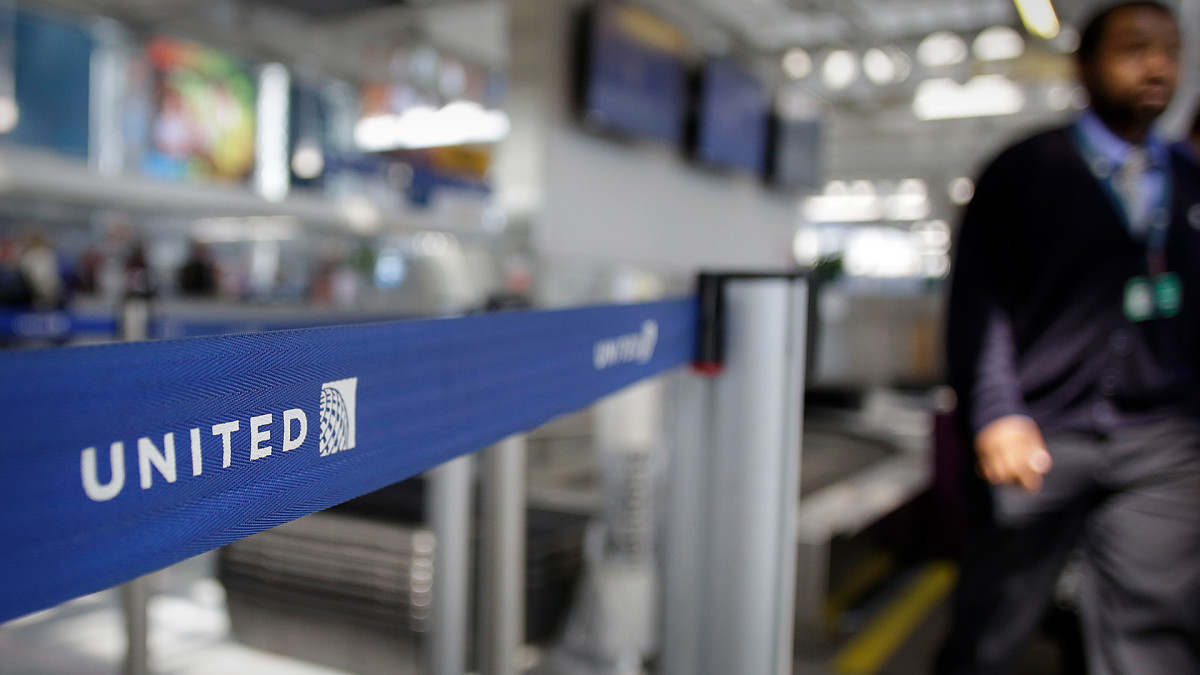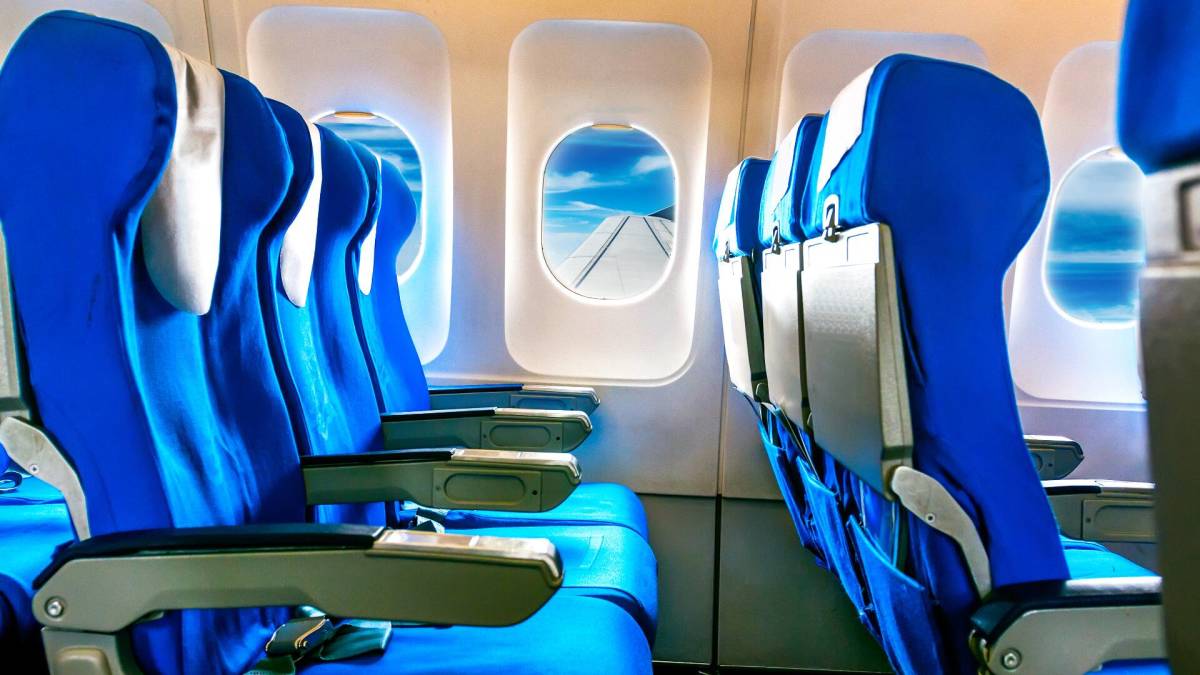
Along with extra legroom and charging people to sit together, "early boarding" has increasingly become part of a separate profit stream as airlines charge both for the ability to board early on its own and offer it as part of the benefits for premium economy and business travelers.
The standard procedure is for airlines to allow those with disabilities or small children to board before everyone else and then move by traveler classes or "zones" that correspond roughly with how much one spent on a ticket and one's loyalty status with the airline. Those who bought a single economy ticket can usually expect to be part of the long line of travelers lining up in the jet bridge and then waiting as others block their passage while trying to find space for their baggage in the overhead compartments.
Related: Southwest Airlines Tries Another Fix For a Big Boarding Problem
As one of the three major airlines in the U.S., United Airlines (UAL) -) currently has a boarding process that begins at pre-boarding for passengers with disabilities, small children and active military members and then moves through five boarding groups from Premier Platinum and First Class travelers down to Basic Economy.

Shutterstock
This change will make middle seat travelers happy
But on Oct. 12, the airline revealed in an internal memo that it will be switching this up somewhat by consolidating some groups and adding others. According to an internal memo viewed by travel website The Points Guy, Groups 1 and 2 will be reserved for travelers in First and Business classes as well as Premier Platinum, Gold and Silver members and those with certain high-earning credit cards.
More Travel:
- A new travel term is taking over the internet (and reaching airlines and hotels)
- The 10 best airline stocks to buy now
- Airlines see a new kind of traveler at the front of the plane
While Groups 3 to 5 formerly moved down from Economy Plus to Basic Economy, they will now be divided based on where in the row of seats one sits. Those with window and exit row seats board first as part of Group 3, those with middle seats board next and those sitting in the aisle are in Group 5.
The goal, United said when it began testing this type of boarding on select flights earlier this year, is to streamline the boarding process and minimize the need for travelers to get up when others in the same row board later. This type of boarding is known as a WILMA (an acronym for window-middle-aisle) organization and is increasingly being tested by airlines as an alternative to going exclusively off of traveler class.
Airlines are increasingly embracing the 'WILMA' boarding process – Here's how it works
"These changes are coming as a result of longer-than-usual boarding times, United says," The Points Guy's Zach Griff wrote of the memo. "The average boarding time has increased by two minutes since 2019, and as any airline executive will tell you, planes don't make money when they're sitting on the ground."
On certain domestic flights, there will also be a Group 6 for basic economy travelers without carry-on bags to provide the early boarding perk to those who bought a higher fare of ticket.
This, however, will only work on short flights with minimal passenger carry-ons as allowing too many groups to board earlier will sill cause a bottleneck at different parts of the plane.







